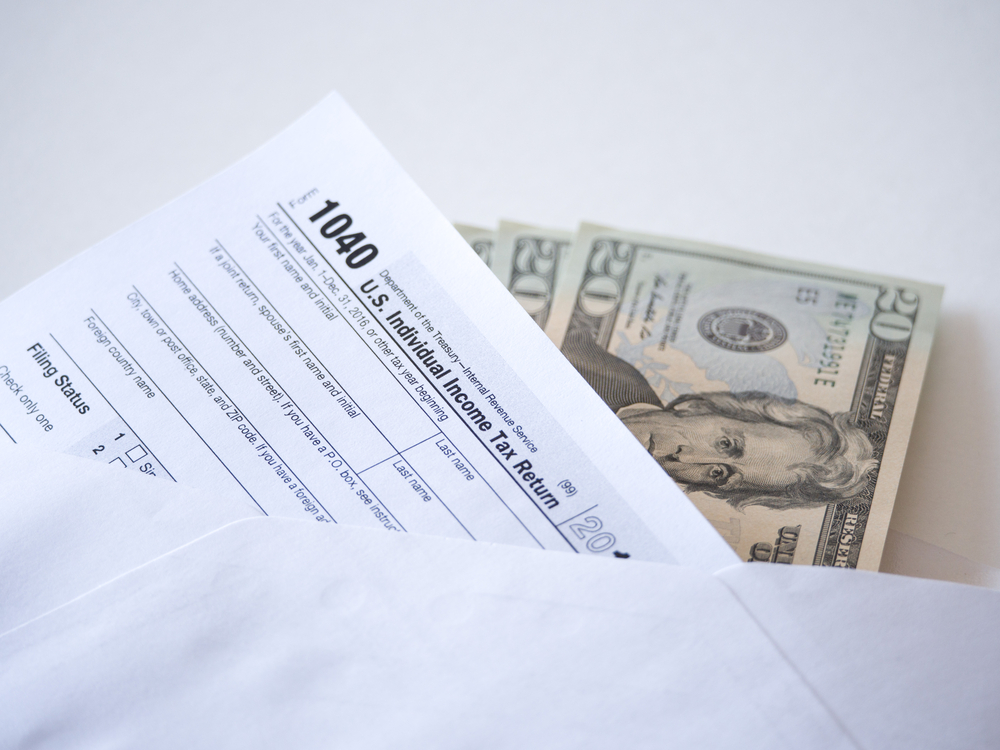Tips for Reducing Your Tax Bill throughout the Year
- Jan 15, 2023
 It’s January, which means it’s time to start thinking about filing last year’s taxes. If you’re working on your return and have been blindsided by the amount you’re going to owe, you might be wondering what you can do to avoid this situation next year. The truth is, far too many people take a reactive approach to their taxes, only paying attention to them when it’s time to pay. However, there are many proactive steps you can take throughout the year to reduce your tax bill for next year. Keep reading to find out what they are.
It’s January, which means it’s time to start thinking about filing last year’s taxes. If you’re working on your return and have been blindsided by the amount you’re going to owe, you might be wondering what you can do to avoid this situation next year. The truth is, far too many people take a reactive approach to their taxes, only paying attention to them when it’s time to pay. However, there are many proactive steps you can take throughout the year to reduce your tax bill for next year. Keep reading to find out what they are.
Check Your W-4 Form
When you started your job with your current employer, you filled out a W-4 form stating how much tax should be withheld from your paycheck. Many people put the lowest amount possible, thinking this will benefit them; however, this often leads to a huge tax bill when tax season rolls around. If you got blindsided by such a bill yourself this year, there’s a good chance that you’re not withholding enough from your paychecks. Take a look at your W-4 now to make sure that you’re having the proper amount withheld, and tweak it if necessary. While your paychecks may be a little bit smaller throughout the year, this is often much easier to deal with than owing thousands to the IRS at tax time.
Contribute to Your Retirement Accounts
One of the best things that wage-earners can do to save on taxes while securing their own financial futures is to contribute to retirement accounts. If possible, you should be maxing out your retirement account contributions—to all types of retirement accounts that are available to you. For example, most employers will provide a 401k plan for employees; this type of account had a cap of $20,500 in contributions for 2022. (If your employer offers a matching plan, you’ll get even more money stashed away towards your future, so don’t miss out on maximizing that benefit.)
Additionally, contributions to a traditional IRA may be tax deductible as well. You can contribute up to $6,000 to a traditional IRA for 2022, or up to $7,000 if you’re 50 or older. However, those contributions may not be deductible if you’re covered by a workplace retirement plan, are married and filing jointly, and your adjusted gross income was $129,000 or more. Barring these circumstances, your contributions to an IRA can further reduce your taxable income for the year, on top of your 401k contributions, so make sure to take full advantage of this.
It’s also worth noting that you have until the tax filing deadline to make tax-deductible contributions to your IRA for the previous year. So, if you have a large tax bill this year and didn’t max out your IRA contributions, you can still do so to reduce your tax bill.
Place Money in an FSA
Another great place to stash your cash and reduce your taxable income is a flexible spend account. These aren’t available to everyone, but if your employer offers an FSA, you should max out this contribution as well. The limit for FSA contributions for 2022 was $2,850. It is very important to note, however, that this is a spending account, not a savings account. This means that you must use the money during the calendar year for medical and dental expenses. The good news though is that you can likely use these funds for everyday healthcare items like pregnancy tests, breast pumps, bandages, and so on. Additionally, some employers may allow you to carry over the funds into the next year.
Contribute to Your HSA
Similar to an FSA, a health savings account (HSA) is a tax-deductible way to pay for your healthcare expenses. These are usually offered alongside high-deductible healthcare plans, so again, not everyone will have access to an HSA. If you do have one, contributions to it are tax deductible, and your withdrawals are tax free so long as you’re using them for qualified medical expenses. The contribution limits for these plans vary depending on your healthcare plan. For individual healthcare plans, the maximum contribution was $3,650 for 2022; for families, the limit was $7,300. Those 55 and older can put an additional $1,000 into their HSAs. You can even reimburse yourself for copays, the cost of medications, and other medical expenses that you paid out of pocket while maintaining the tax deductibility of your HSA.
Get Help with Your Oversized Tax Bill
If you have a tax bill that you can’t afford to pay, contact the IRS Advocates today. We’ll help you work with the IRS to get your tax debt under control, and provide you with guidance and support to help reduce your future tax bills so you aren’t faced with tax debt again. Call now to schedule a consultation.
STOP THE IRS!
Settle for less & Protect your assets
Never Call the IRS without Speaking with our Pros First!